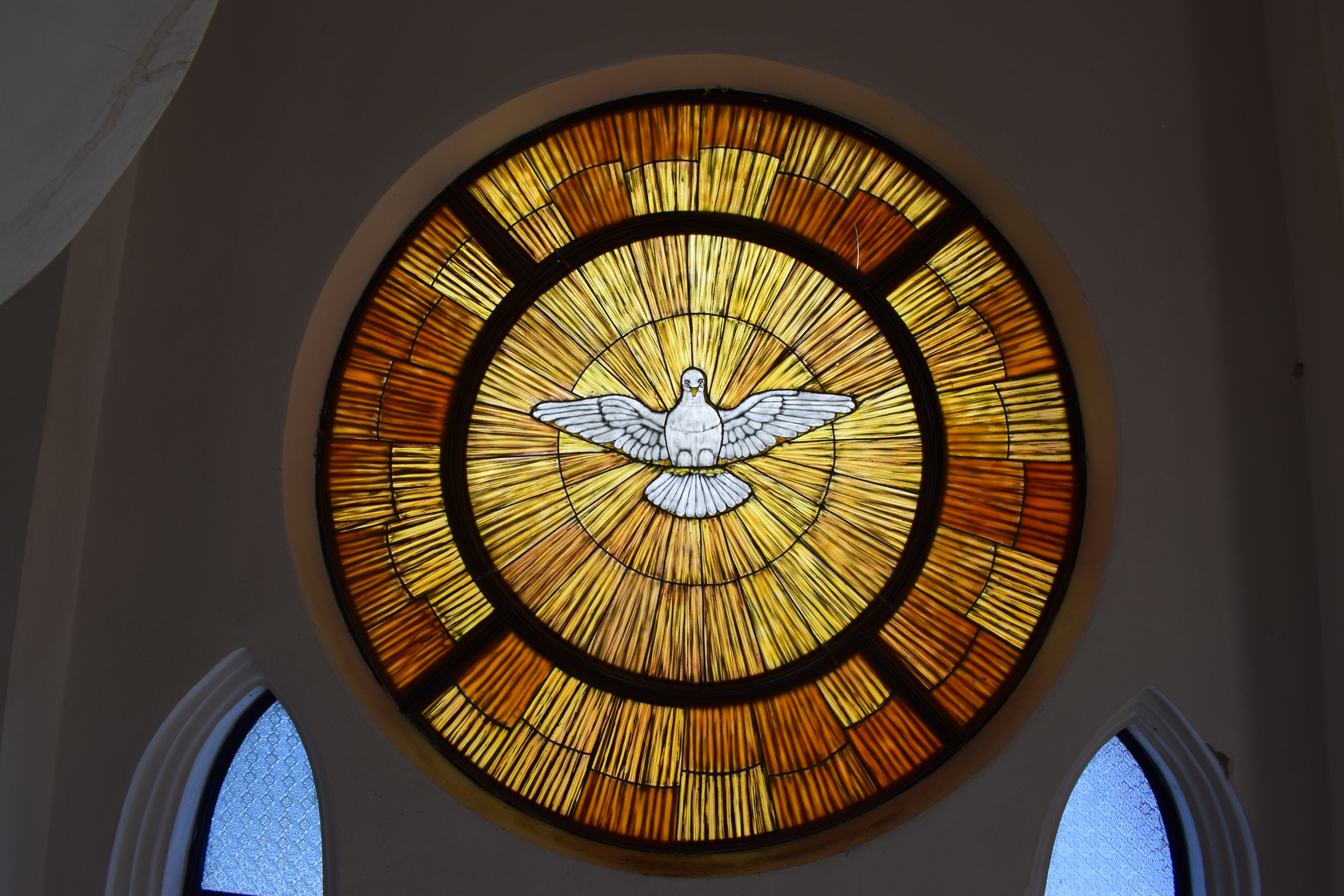St. John the Baptist is the model of simple evangelization: he understands what God is currently doing and asking of His People, and he testifies to what he has experienced to point to God.
John uses an image that was very familiar to the Jews of that time, and helps them see that that image is now finding its full meaning in Jesus: the Lamb of God.
We might easily forget that God required the Jews to sacrifice a lamb TWICE A DAY to expiate the sins of the people. This sacrificial lamb was a symbol of the price to be paid for sin. John is pointing out that Jesus will pay the price for our sin.
The primary holy day of the Jews was Passover, in which each family sacrificed and ate a lamb to recall their liberation from slavery in Egypt, and how those who marked their doors with the blood of this lamb were spared from the death inflicted on the firstborn of all the Egyptians and their animals. This Passover lamb signified God’s merciful and saving love. John is pointing out that Jesus is God’s merciful and saving love in the flesh.
Finally, the Messiah was foretold by the Prophets to be a lamb who went silently to the slaughter, to take the sins of the people on himself and wash them away. John is pointing out that Jesus is the Messiah who will take away the sins of the world. And this is what we proclaim at every Mass, right before we receive him in Holy Communion: “Behold the Lamb of God, who takes away the sins of the world!”
As we continue to rejoice in the coming of our Savior in the flesh, let us repeat the Responsorial Psalm for this week throughout our day: “All the ends of the earth have seen the saving power of God.”
San Juan Bautista es el modelo de evangelización sencilla: comprende lo que Dios hace y pide actualmente a su pueblo, y da testimonio de lo vivido para señalar a Dios.
Juan utiliza una imagen que era muy familiar para los judíos de esa época y les ayuda a ver que esa imagen ahora encuentra su pleno significado en Jesús: el Cordero de Dios.
Podríamos olvidar fácilmente que Dios exigía que los judíos sacrificaran un cordero DOS VECES AL DÍA para expiar los pecados del pueblo. Este cordero sacrificial era un símbolo del precio a pagar por el pecado. Juan está señalando que Jesús pagará el precio por nuestro pecado.
El día santo principal para los judíos era la Pascua, en la que cada familia sacrificaba y comía un cordero para recordar su liberación de la esclavitud en Egipto, y cómo los que marcaban sus puertas con la sangre del cordero se salvaban de la muerte infligida al primogénito de todos los egipcios y sus animales. Este cordero pascual significaba el amor misericordioso y salvador de Dios. Juan está señalando que Jesús es el amor misericordioso y salvador de Dios encarnado.
Finalmente, los profetas predijeron que el Mesías sería un cordero que iría silenciosamente al matadero, para tomar sobre sí los pecados del pueblo y eliminarlos. Juan está señalando que Jesús es el Mesías que quitará los pecados del mundo. Y esto es lo que proclamamos en cada Misa, justo antes de recibirlo en la Sagrada Comunión: “Éste es el Cordero de Dios, el que quita el pecado del mundo.”
Mientras continuamos regocijándonos en la venida de nuestro Salvador en la carne, repitamos el Salmo Responsorial de esta semana a lo largo de nuestro día: “Los confines de la tierra han contemplado la victoria de nuestro Dios”.
 Kathryn Mulderink, MA, is married to Robert, Station Manager for Holy Family Radio. Together they have seven children (including Father Rob), and seven grandchildren. She is President of the local community of Secular Discalced Carmelites and has published five books and many articles. Over the last 30 years, she has worked as a teacher, headmistress, catechist, Pastoral Associate, and DRE, and as a writer and voice talent for Catholic Radio. Currently, she serves the Church by writing and speaking, and by collaborating with various parishes and to lead others to encounter Christ and engage their faith. Her website is www.KathrynTherese.com
Kathryn Mulderink, MA, is married to Robert, Station Manager for Holy Family Radio. Together they have seven children (including Father Rob), and seven grandchildren. She is President of the local community of Secular Discalced Carmelites and has published five books and many articles. Over the last 30 years, she has worked as a teacher, headmistress, catechist, Pastoral Associate, and DRE, and as a writer and voice talent for Catholic Radio. Currently, she serves the Church by writing and speaking, and by collaborating with various parishes and to lead others to encounter Christ and engage their faith. Her website is www.KathrynTherese.com
Feature Image Credit: Hugo Gonzalez, cathopic.com/photo/33959-lamb-of-god
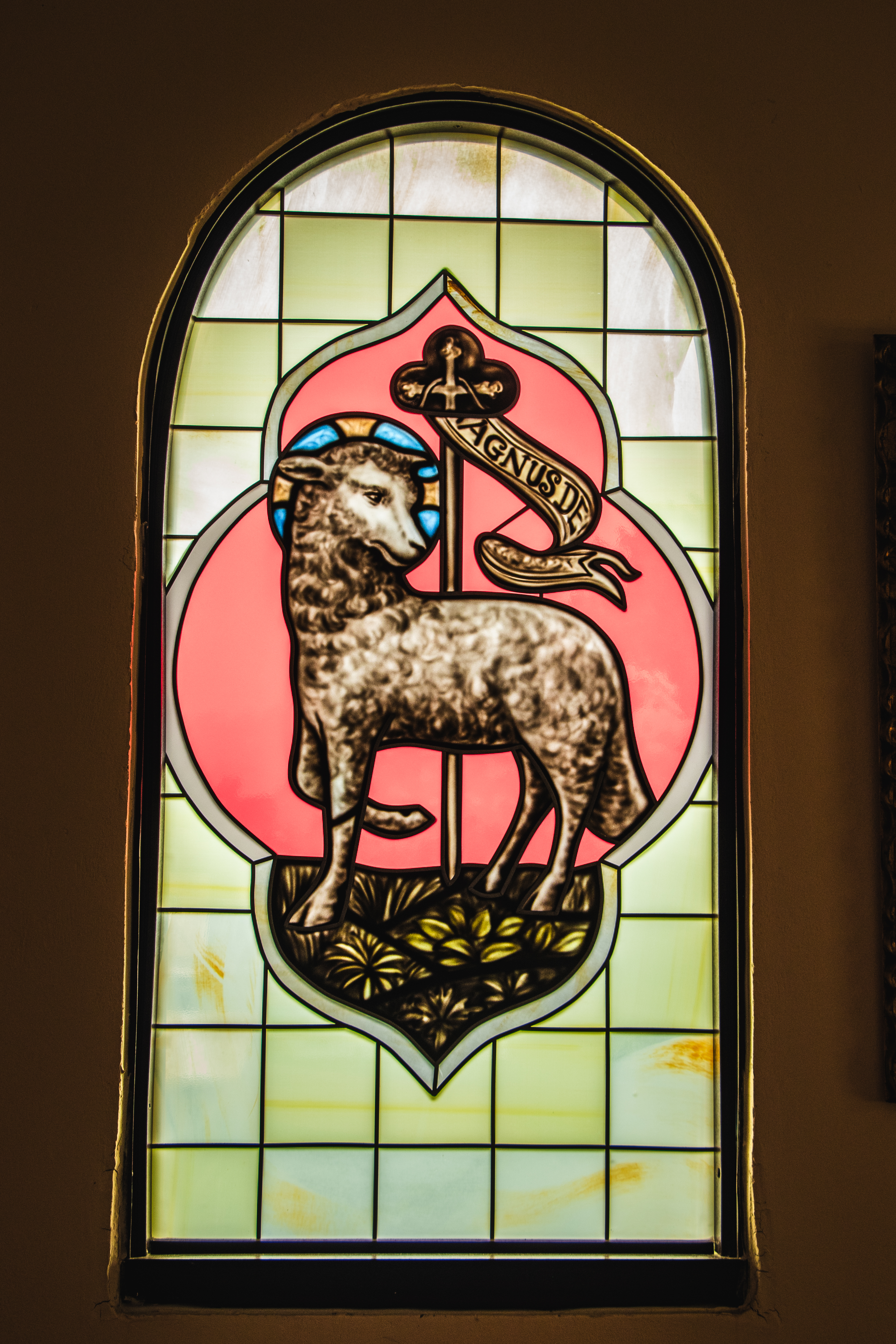
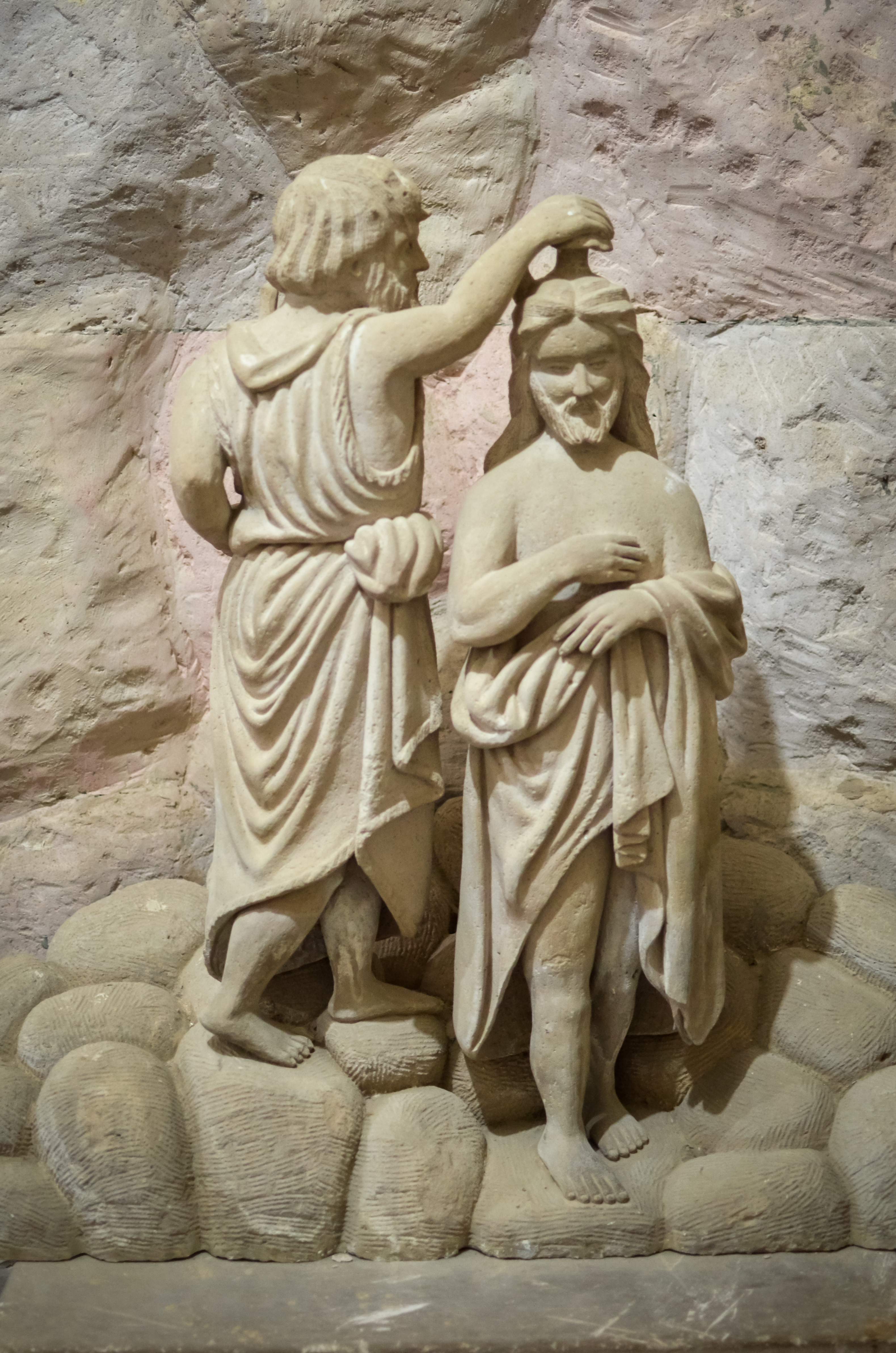

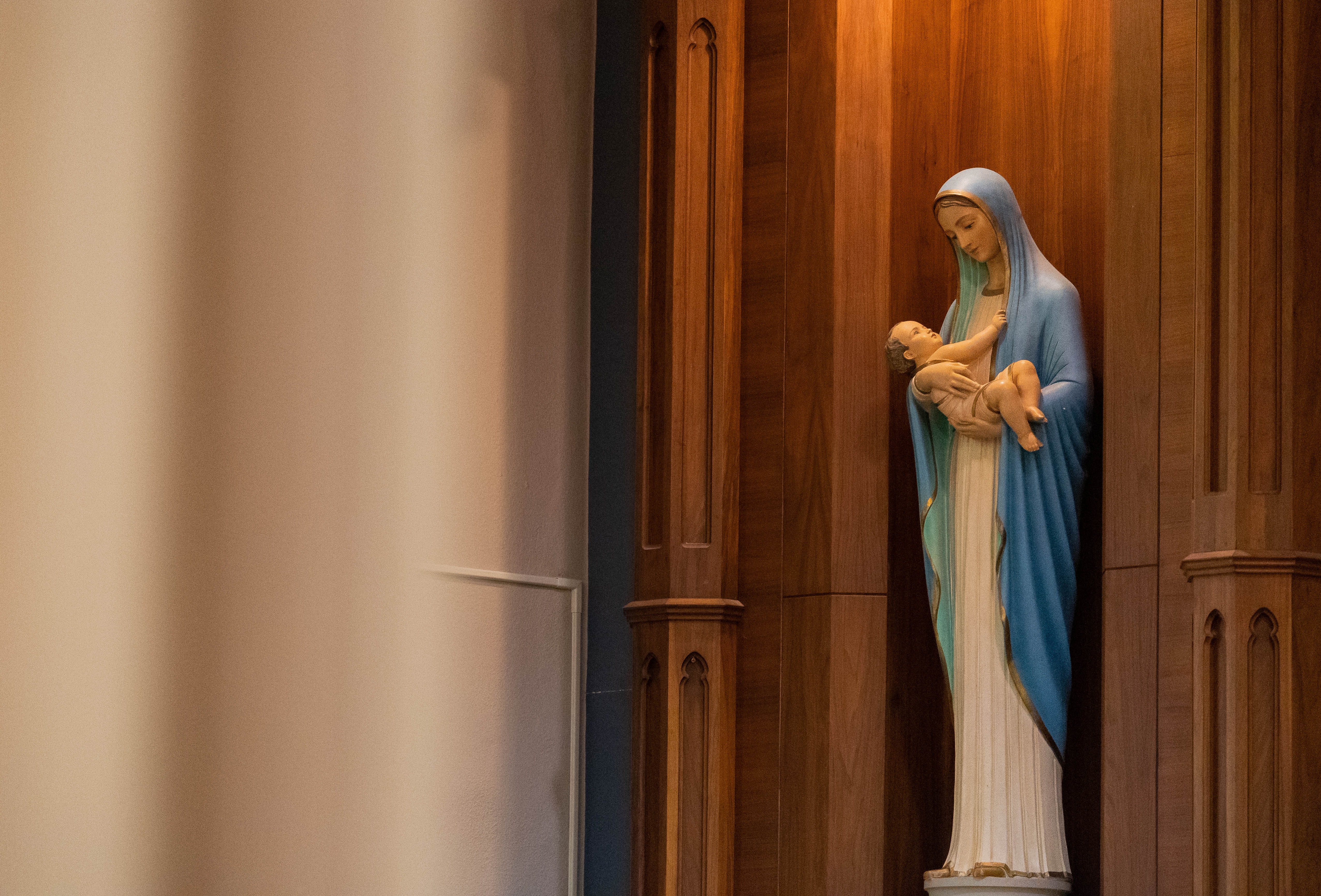
 Deanna G. Bartalini, M.Ed.; M.P.A., is a certified spiritual director, writer, speaker and content creator. The
Deanna G. Bartalini, M.Ed.; M.P.A., is a certified spiritual director, writer, speaker and content creator. The 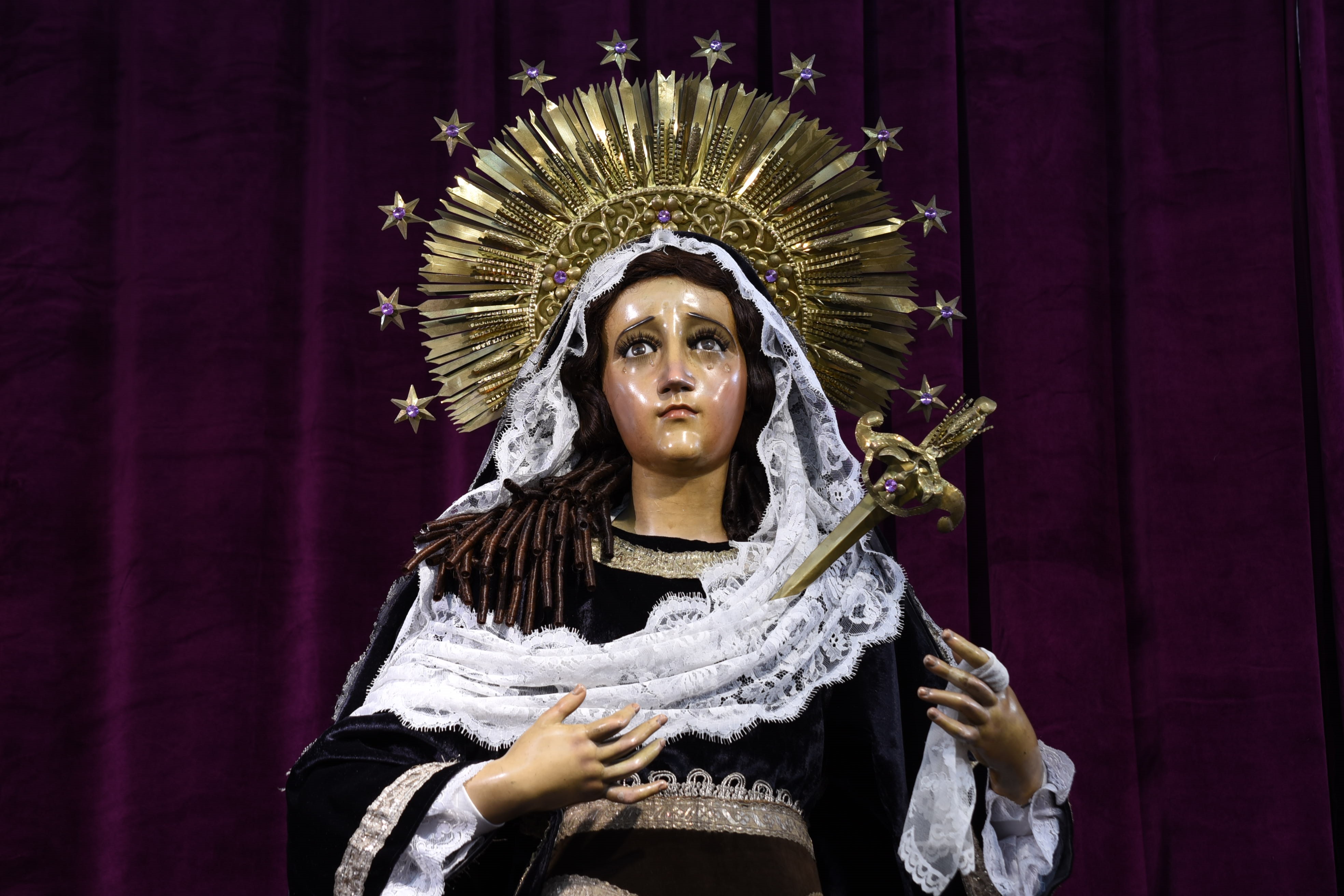
 Dr. Alexis Dallara-Marsh is a board-certified neurologist who practices in Bergen County, NJ. She is a wife to her best friend, Akeem, and a mother of two little ones on Earth and two others in heaven above.
Dr. Alexis Dallara-Marsh is a board-certified neurologist who practices in Bergen County, NJ. She is a wife to her best friend, Akeem, and a mother of two little ones on Earth and two others in heaven above.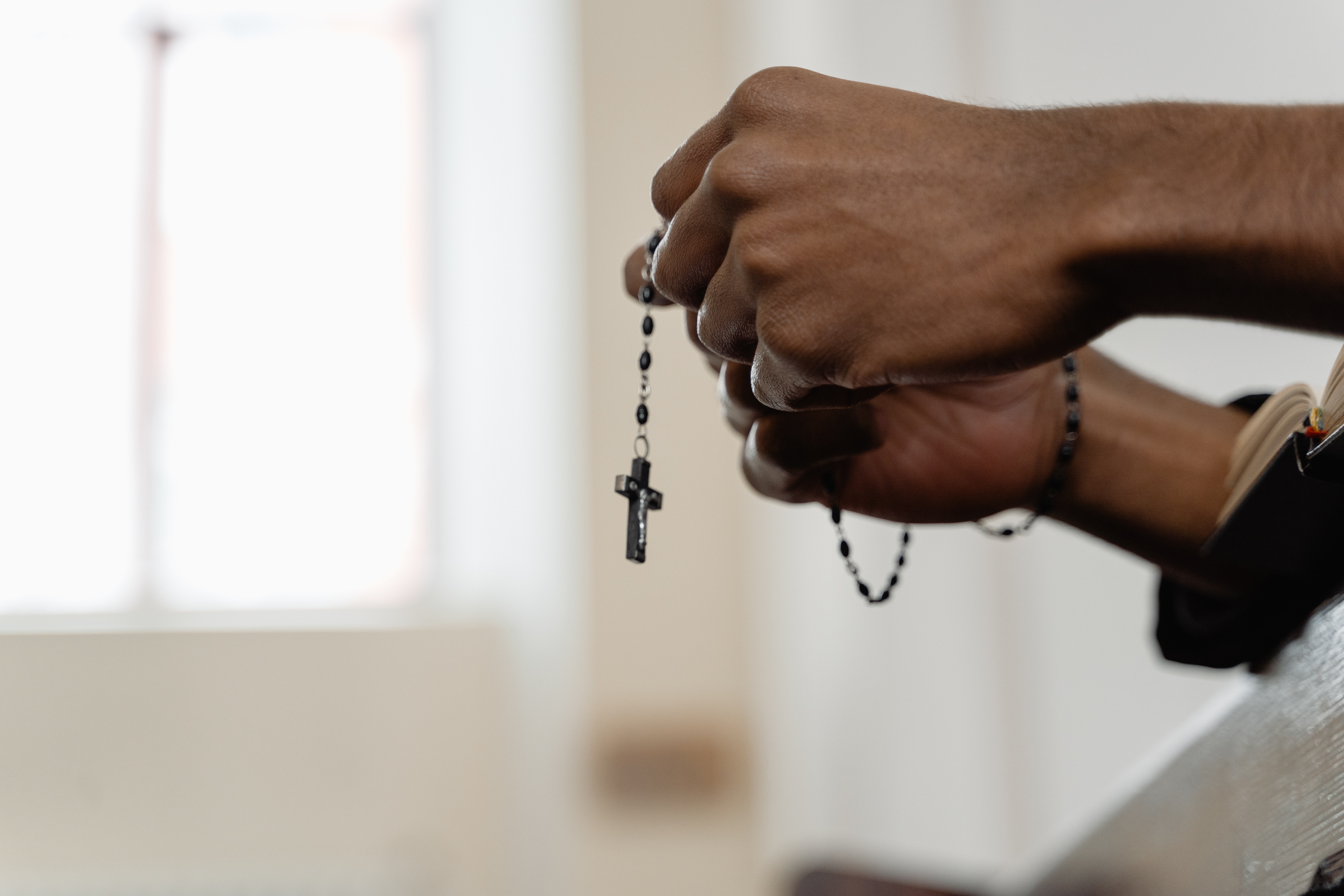
 Kate Taliaferro is an Air Force wife and mother. She is blessed to be able to homeschool, bake bread and fold endless piles of laundry. When not planning a school day, writing a blog post or cooking pasta, Kate can be found curled up with a book or working with some kind of fiber craft. Kate blogs at
Kate Taliaferro is an Air Force wife and mother. She is blessed to be able to homeschool, bake bread and fold endless piles of laundry. When not planning a school day, writing a blog post or cooking pasta, Kate can be found curled up with a book or working with some kind of fiber craft. Kate blogs at 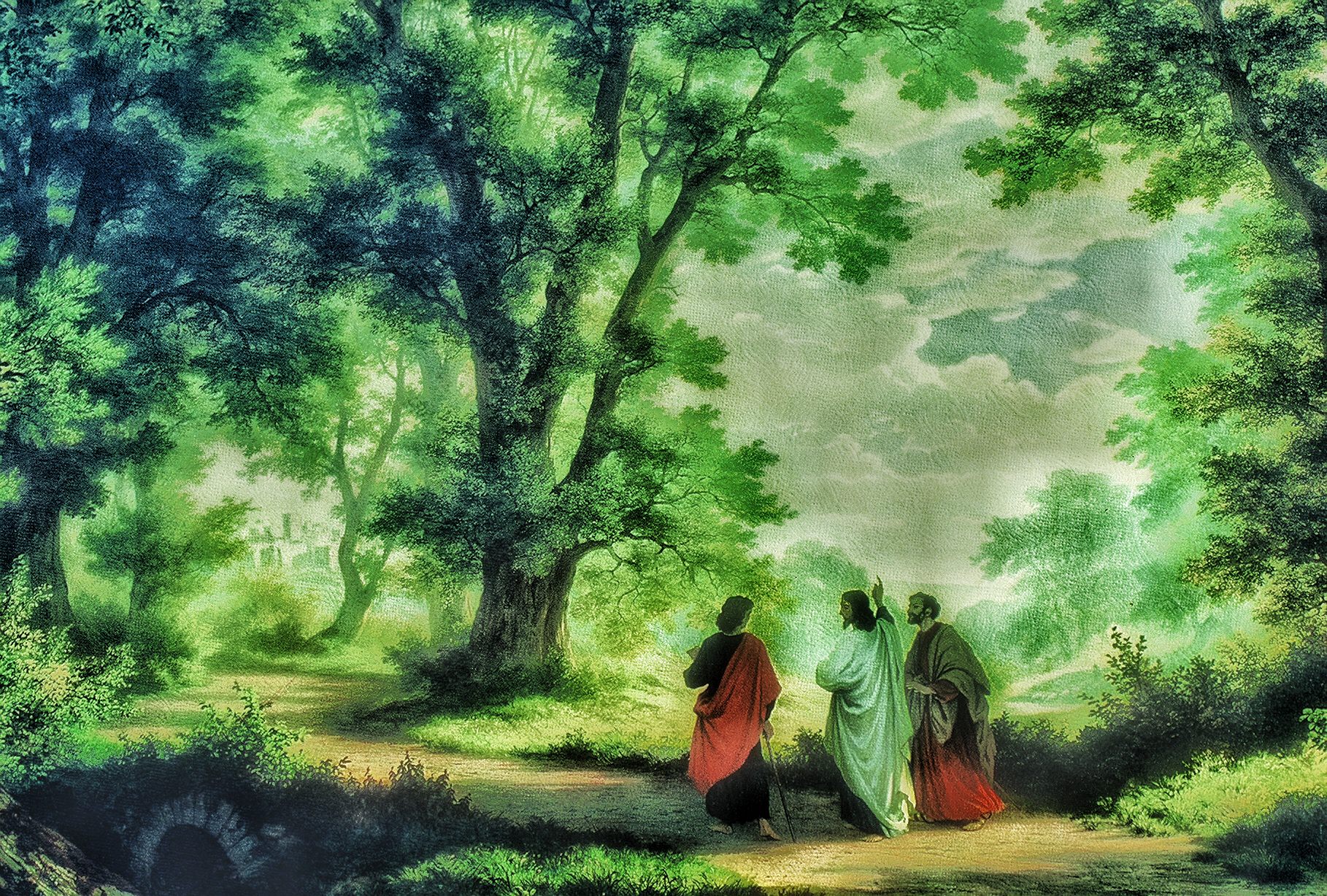
 David Dashiell is a freelance author and editor in Nashville, Tennessee. He has a master’s degree in theology from Franciscan University, and is the editor of the anthology
David Dashiell is a freelance author and editor in Nashville, Tennessee. He has a master’s degree in theology from Franciscan University, and is the editor of the anthology 
 Deacon Dan Schneider is a retired general manager of industrial distributors. He and his wife Vicki have been married for over 50 years. They are the parents of eight children and thirty grandchildren. He has a degree in Family Life Education from Spring Arbor University. He was ordained a Permanent Deacon in 2002. He has a passion for working with engaged and married couples and his main ministry has been preparing couples for marriage.
Deacon Dan Schneider is a retired general manager of industrial distributors. He and his wife Vicki have been married for over 50 years. They are the parents of eight children and thirty grandchildren. He has a degree in Family Life Education from Spring Arbor University. He was ordained a Permanent Deacon in 2002. He has a passion for working with engaged and married couples and his main ministry has been preparing couples for marriage.
 Merridith Frediani loves words and is delighted by good sentences. She also loves Lake Michigan, dahlias, the first sip of hot coffee in the morning, millennials, and playing Sheepshead with her husband and three kids. She writes for Catholic Mom, Diocesan.com, and her local Catholic Herald. Her first book Draw Close to Jesus: A Woman’s Guide to Adoration is available at Our Sunday Visitor and Amazon. You can learn more at
Merridith Frediani loves words and is delighted by good sentences. She also loves Lake Michigan, dahlias, the first sip of hot coffee in the morning, millennials, and playing Sheepshead with her husband and three kids. She writes for Catholic Mom, Diocesan.com, and her local Catholic Herald. Her first book Draw Close to Jesus: A Woman’s Guide to Adoration is available at Our Sunday Visitor and Amazon. You can learn more at 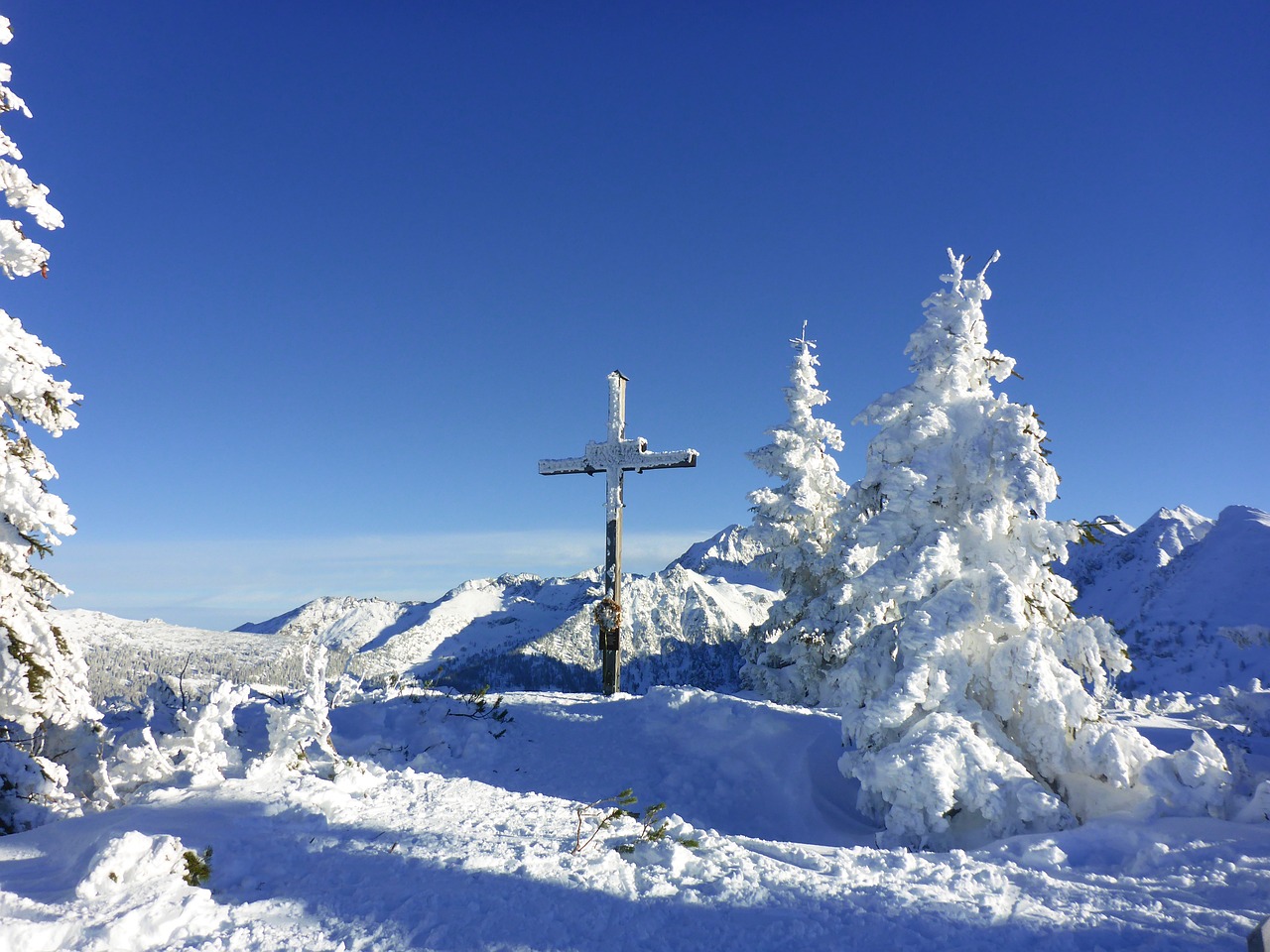
 Leslie Sholly is a Catholic, Southern wife and mother of five, living in her hometown, Knoxville, Tennessee. She graduated from Georgetown University with an English major and Theology minor. She blogs at
Leslie Sholly is a Catholic, Southern wife and mother of five, living in her hometown, Knoxville, Tennessee. She graduated from Georgetown University with an English major and Theology minor. She blogs at 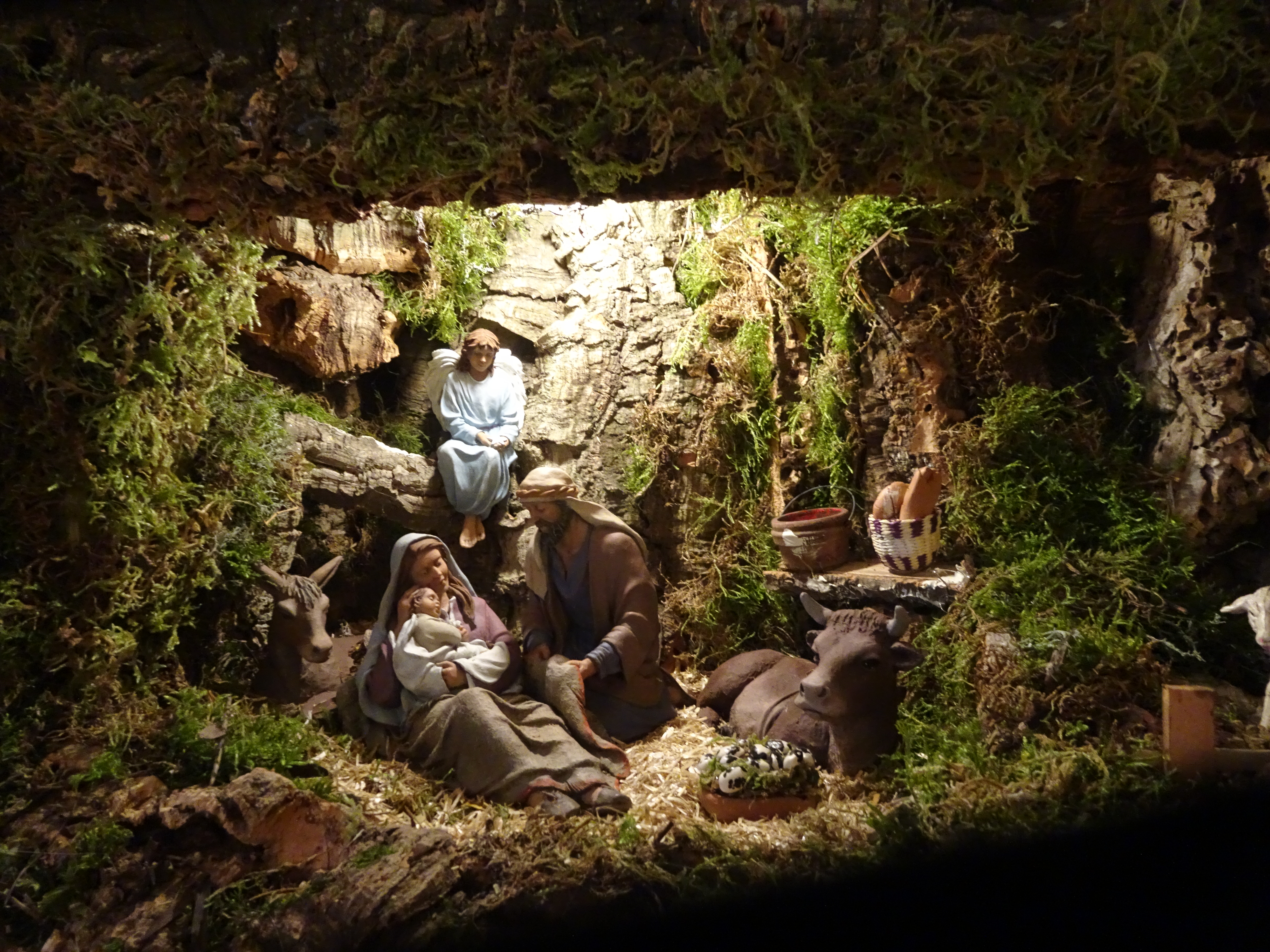
 Susan Ciancio has a BA in psychology and a BA in sociology from the University of Notre Dame, with an MA in liberal studies from Indiana University. For the past 19 years, she has worked as a professional editor and writer, editing both fiction and nonfiction books, magazine articles, blogs, educational lessons, professional materials and website content. Thirteen of those years have been in the pro-life sector. Currently Susan freelances and writes weekly for HLI, edits for American Life League, and is the executive editor of Celebrate Life Magazine. She also serves as executive editor for the Culture of Life Studies Program—an educational nonprofit program for K-12 students. You can reach her at
Susan Ciancio has a BA in psychology and a BA in sociology from the University of Notre Dame, with an MA in liberal studies from Indiana University. For the past 19 years, she has worked as a professional editor and writer, editing both fiction and nonfiction books, magazine articles, blogs, educational lessons, professional materials and website content. Thirteen of those years have been in the pro-life sector. Currently Susan freelances and writes weekly for HLI, edits for American Life League, and is the executive editor of Celebrate Life Magazine. She also serves as executive editor for the Culture of Life Studies Program—an educational nonprofit program for K-12 students. You can reach her at 